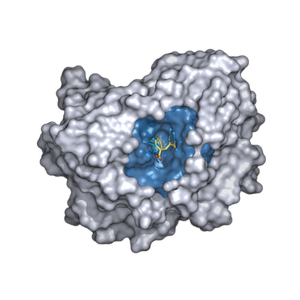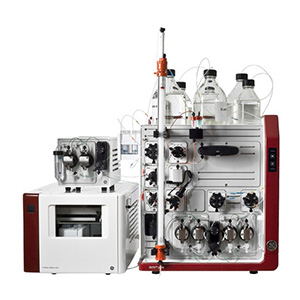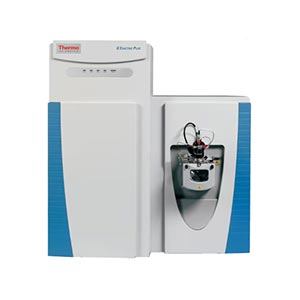Affinity Selection Mass Spectrometry (ASMS) is an innovative screening technology that combines affinity selection with high-resolution mass spectrometry to identify and characterize small molecule interactions with target proteins.



High Throughput
Compared with traditional drug screening methods, ASMS can process hundreds to thousands of compounds in a single run, enabling rapid screening of large-scale compound libraries.



Wide range of Applications
It can be applied to the screening of various types of targets, including membrane proteins, nucleic acids and protein complexes. There is no need to introduce tags, allowing for screening in a native state.



No Preference of Mechanism
It can indiscriminately detect various types of target-ligand interactions without relying on radioactive, fluorescent labeling, or enzymatic activity methods.








